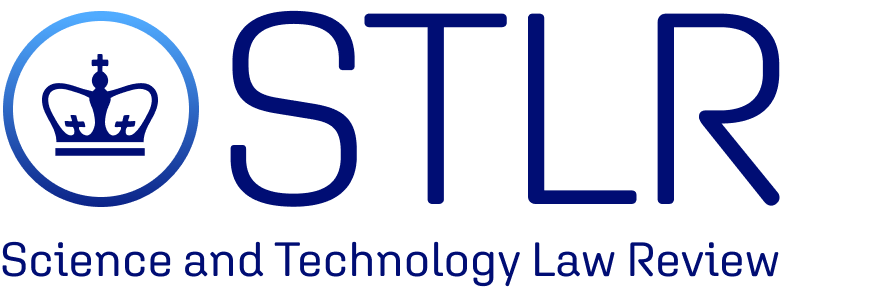The LAW FIRM of DAYREL SEWELL, PLLC is pleased to announce that Mr. Dayrel S. Sewell, Esq., MPH, and Ms. Ariel Friedman penned an article entitled, “The Increasing Intellectual Property Value of the .COM to Businesses” that is now published in the Columbia Science and Technology Law Review (STLR). Mr. Sewell is a proud alumnus of Columbia University and Ms. Friedman is currently a Columbia University Law School student interning at our law firm.
The U.S. Supreme Court’s 2020 decision in United States Patent and Trademark Office (USPTO) v. Booking.com demonstrates the changing landscape for trademark law in the internet age. Here, the Court found that a term styled “generic.com” or any other domain name comprised of generic terminology appended by a top-level domain (TLD), such as “.com” or “.net,” may be trademarked if it has a source-identifying, non-generic meaning to consumers.

Writing for the majority in an 8–1 decision, which affirmed the reversal of the TTAB decision, decedent Justice Ruth Bader Ginsburg reasoned that “[b]ecause Booking.com is not a generic name to consumers, it is not generic.” Therefore, BOOKING.COM was eligible for trademark registration. However, Justice Ginsburg reasoned that where a generic term carries a secondary, distinctive, meaning to consumers, it may be eligible for trademark registration as a descriptive mark. Furthermore, the court rejected a per se rule that a generic term combined with a generic top-level domain, such as “.com,” results in a combination that is necessarily generic, reasoning that “[w]hether any given ‘generic.com’ term is generic … depends on whether consumers in fact perceive that term as the name of a class or, instead, as a term capable of distinguishing among members of the class.” For example, the Court noted that the USPTO has granted other “generic.com” marks to the principal and supplemental registers, such as “art.com” and “dating.com.” In other words, whether a term is generic or descriptive with secondary meaning should be sensitive to an analysis of consumer perception.
STLR deals with the exciting legal issues surrounding science and technology and is ranked #6 among all tech law journals. Furthermore, STLR is the first Columbia journal to become formally open access, eliminating unnecessary barriers to readership.
The publication represents the continuation of our firm’s commitment to providing value to a wide audience and to providing excellent service to our clients. As always, we encourage your thoughtful comments and insights on our publication. Thank you.

The new holding in favor of Bookings.com by the Supreme Court in USPTO v. Booking.com will open a floodgate of trademark applications for generic names appended with “.com”. I agree with the court that it is not per se a generic name if one attempts to trademark a combination of a generic word and a generic top-level domain, especially if the public perceives it as a recognizable class or brand. In order to prevent overuse or misuse of this precedent in the future, USPTO and the courts will necessarily have to set the bar high for “sensitivity to consumer perception… Read more »
It is still too early to tell the true impact of the Bookings.com case. Just because “.com” trademarks are allowed does not mean that they will be granted. Companies must still prove that their “.com” trademark takes on additional trademark meaning in the eyes of consumers. My main concern is how the USPTO and courts will evaluate the vast amount of “.com” applications that will undoubtedly fly in. My concern echoes Justice Breyer’s dissent where he believed that the majority assigned too much weight to the consumer survey evidence. Survey evidence is suspect because companies can easily apply different methods… Read more »